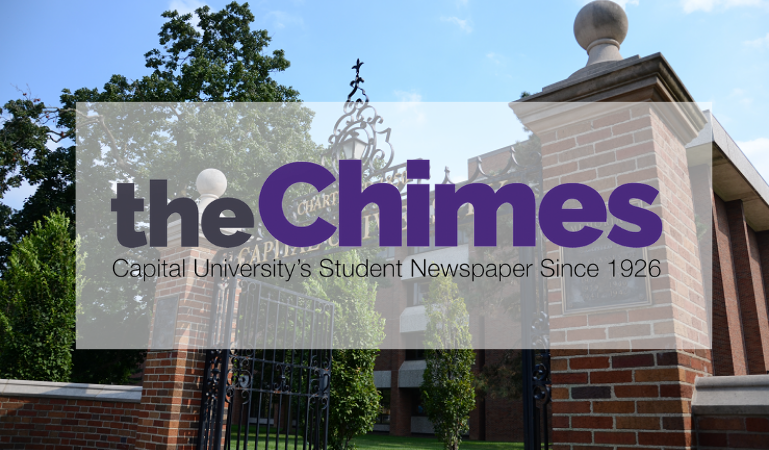In recent years, Capital University has had trouble filling their entering class.
Since 2010, the number of first-year students starting during the fall semester has fluctuated with no apparent trend. The numbers range from 589 to 723—with these low and high points coming for Fall 2018 and Fall 2019, respectively.
The Fall 2019 entering class was the largest recorded class for the University, presumably because of the attention garnered by Capital’s “Good Guarantee,” a financial aid program that promised half-tuition scholarships to students whose parents or spouses work for non-profit organizations.
Although no exact numbers have been released for the Fall 2020 semester, it can reasonably be assumed that the entering class is drastically smaller than normal, which can doubtlessly be seen as yet another impact of the coronavirus pandemic.
Colleges across the nation have felt the effects of the coronavirus on admissions. According to Inside Higher Ed’s 2020 survey of admissions leaders, 56% of private, four-year institutions did not have a complete incoming class by July 1. These low attendance rates have even been observed at Ivy League schools, which typically have no problem enrolling a complete class: 20% of Harvard University’s incoming class deferred their coveted admission spots.
The dismal number of incoming first-year students reflects the uncertainty caused by the constantly-changing conditions of the coronavirus.
SimpsonScarborough, a higher education market research firm, conducted three waves of a COVID-19 specific student survey. In July, when the third round of questioning was administered, 40% of incoming first-year college students across the United States were “likely” or “highly likely” to still change their minds about which college to attend.
The nonprofit, education-focused news organization The Hechinger Report reports that the total undergraduate student population in the U.S. is down 4% this semester, a loss of 600,000 students. This drop in students has disproportionately affected community colleges which typically serve lower-income students.
But in spite of these continued problems another season of college applications is in full swing.
For high schoolers applying to join the Fall 2021 incoming class, Capital University has chosen to adopt a test-optional admissions policy. Applying students can choose to complete a questionnaire to take the place of ACT/SAT scores.
Because coronavirus restrictions have made it difficult for high schoolers to take these standardized tests, a majority of colleges across the nation have waived testing requirements in the last year.
The Inside Higher Ed survey showed that of the private universities that have eliminated a testing requirement because of the pandemic, 79% say they are not likely to reinstate the qualification.
Indeed, many of the factors typically evaluated with college admissions have become invalid this year. High school grades from the 2019/2020 school year may have been reported as pass/fail and participation in extra-curricular activities has undoubtedly dropped.
The admissions page on Capital’s website states that removing focus from test scores will help to facilitate a “hybrid holistic review process.” Despite the omnipresent challenges of COVID-19, Capital is committed to giving every prospective student an equal opportunity.


